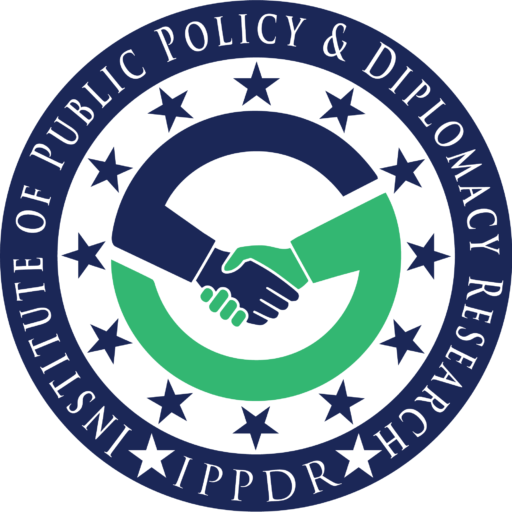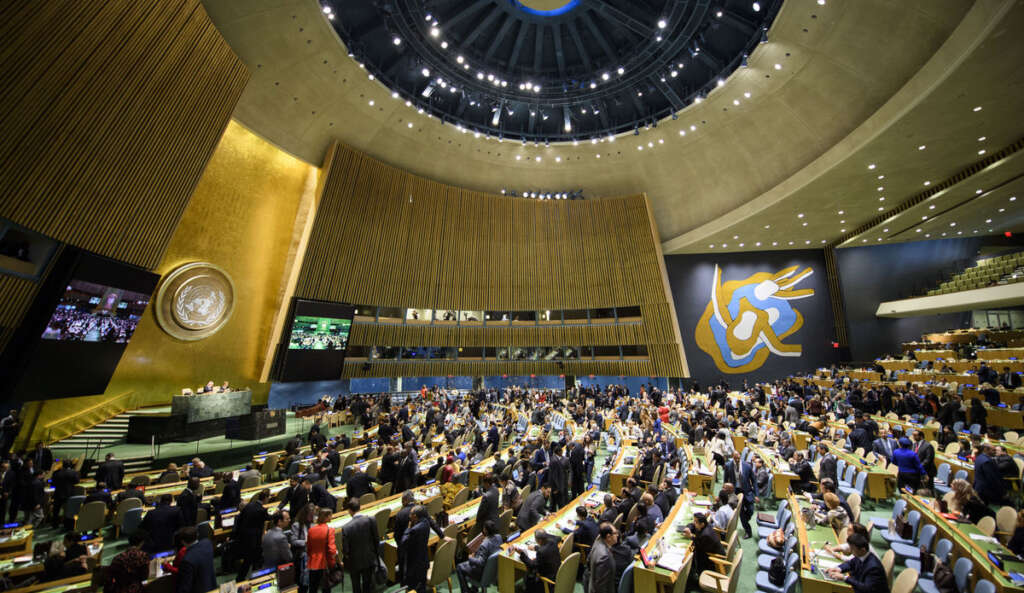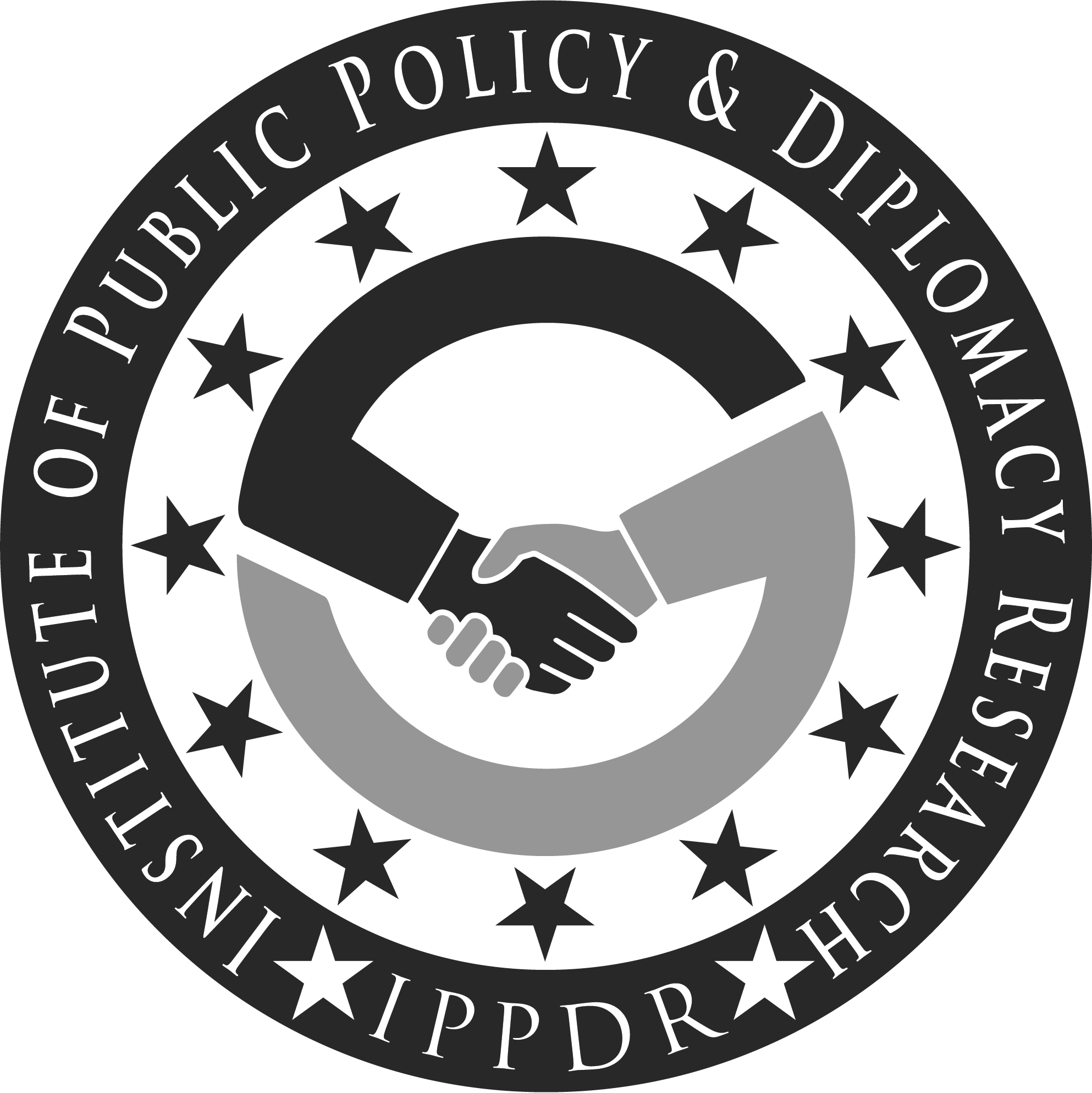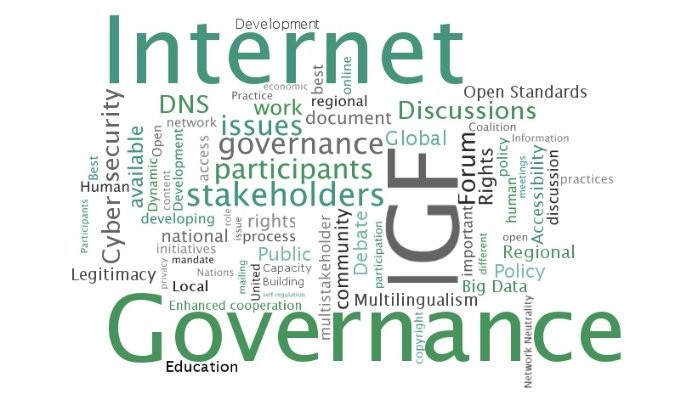Category / Development / Global Agenda / Human rights / Public Policy and Diplomacy / Sustainable Development
-
The United Nations General Assembly: A Global Forum for Diplomacy and Cooperation
Introduction The United Nations General Assembly (UNGA) stands as a beacon of hope in a world marked by diverse challenges, conflicts, and opportunities. Established in 1945, the UNGA is one of the principal organs of the United Nations, embodying the spirit of international collaboration and diplomacy. This article delves into the significance, functions, and impact…
-
Human Rights: A Fundamental Pillar of a Just Society
Human rights are the bedrock of a just and equitable society, serving as a shield to protect the inherent dignity and worth of every individual. These rights, often enshrined in national constitutions and international treaties, are universal and inalienable, applying to all people regardless of their background, nationality, or circumstances. The concept of human rights…
-
Human Rights and the Sustainable Development Goals (SDGs)
Human rights and the United Nations Sustainable Development Goals (UNSDGs) are closely intertwined, with human rights principles serving as a foundation for the achievement of the goals. 146. The UNSDGs are grounded in international human rights documents, including the Universal Declaration of Human Rights (UDHR) and related Covenants, Conventions, Protocols, and Declarations26. More than 90% of the…
-
The Sustainable Development Goals
The Sustainable Development Goals (SDGs) are a set of 17 goals adopted by the United Nations (UN) in 2015 to end poverty, protect the planet, and ensure peace and prosperity for all[1][2][4][6]. The goals are a call to action by all countries, developed and developing, in a global partnership[4]. The SDGs are integrated and recognize…
-
Navigating Internet Governance: Addressing Global Challenges and Pursuing Sustainable Development Goals
The Internet has become an essential tool for achieving sustainable development goals (SDGs). The United Nations (UN) recognizes the importance of the Internet in achieving the SDGs and convenes the Internet Governance Forum (IGF) annually to bring together stakeholders to discuss current and emerging Internet governance issues, as well as related opportunities and challenges in…
-
Biogenetic Engineering for Sustainable Development
A case study conducted by Cases and de Lorenzo in 2005 highlighted the use of genetically modified Pseudomonas putida to break down Polycyclic Aromatic Hydrocarbons (PAHs) present in crude oil with the objective of cleaning faster an environmental disaster of oil spill in Spain. The genetically modified bacteria were found to break down the PAHs…
-
The Role of Sustainable Development for Human Rights
Presently, NHRIs are completely consistent with global requirements in 79 of the 193 United Nations Member States (39%). Since 2015, 7 countries got reached this goal. NHRIs in a variety of other Member Countries are attempting to achieve certification. By 2030, hardly 54% of countries will have these vital organizations, based on current trends. This is insufficient to…
-
Book: Sustainable Development Diplomacy by Andrise Bass
The planet on which we currently reside has been and continues to be damaged in several ways, reducing its viability. Numerous variables, including a lack of educational opportunities, a secure environment, political and economic stability, etc., are to blame. We now need long-term and sustainable development to protect ourselves, the earth, and our future generations.…












